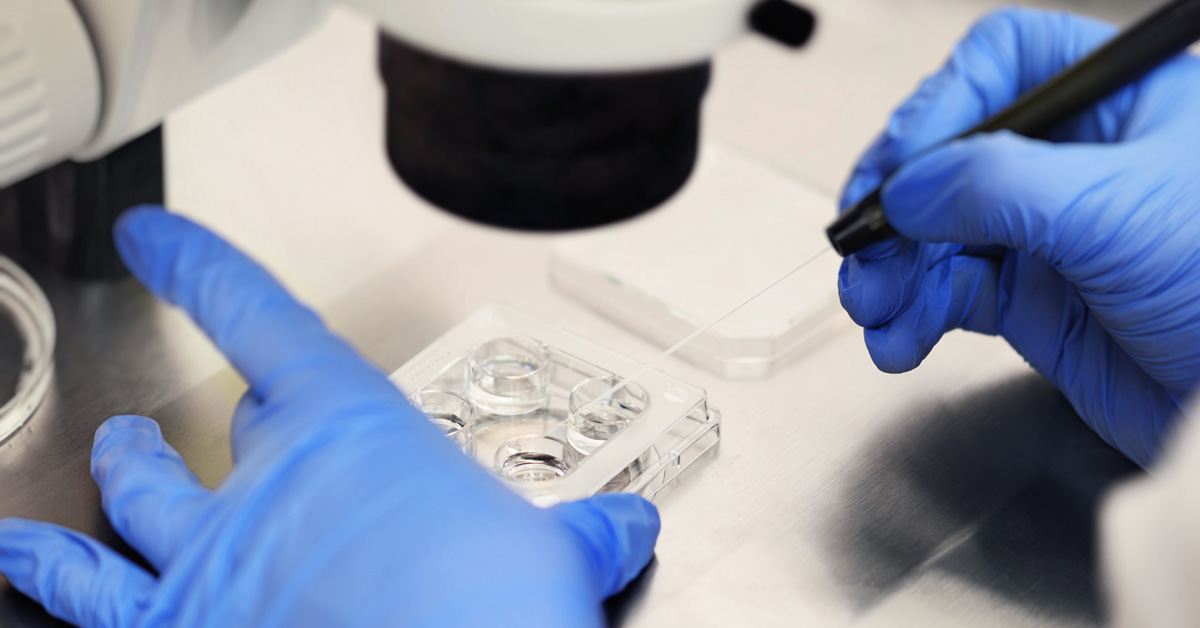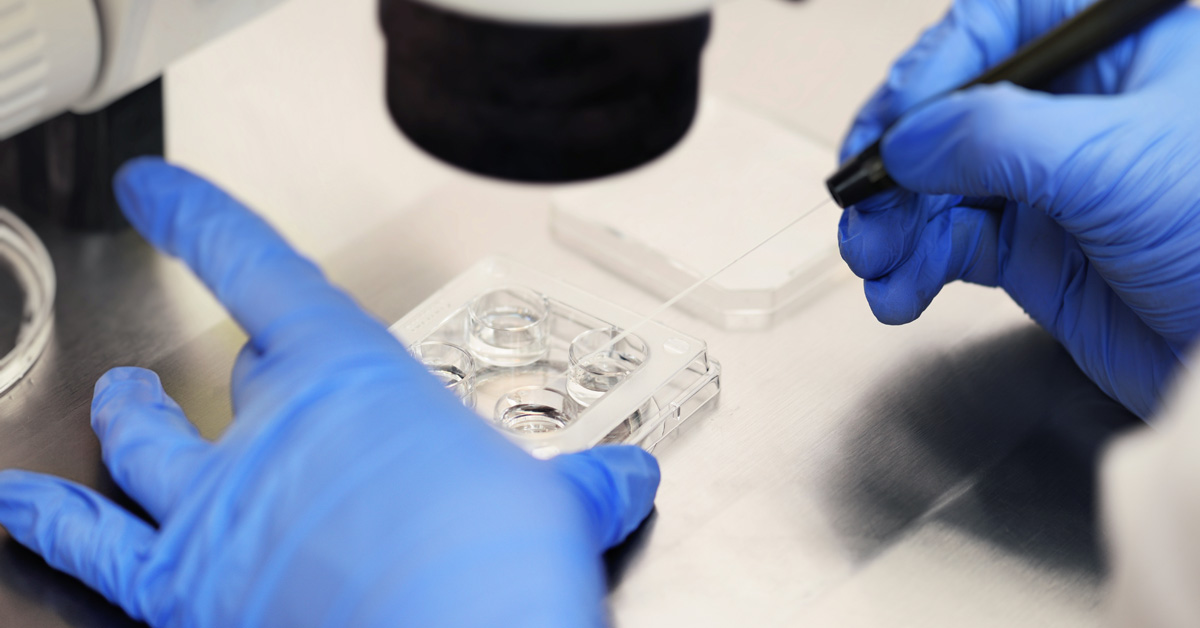Eggs Choose Sperm
One of the greatest certainties in science is being put to the test.
A new study carried out in Seattle, United States, shows that eggs choose sperm with the best genetic load, which refers to the overall quality and diversity of genes, to ensure that the embryo generated from fertilization is as healthy as possible.
The study’s findings shed light on the intricate dance of reproduction. It suggests that the egg, in a role akin to a discerning recruiter, chooses the sperm that will function as a fertilizer. The chosen sperm must possess good-quality genes to give rise to robust offspring. Interestingly, the research also reveals that male gametes lack this ability to detect bad genes, unlike their female counterparts.
For Joe Nadeau, a researcher at the Pacific Northwest Research Institute and leader of this groundbreaking discovery, the implications are profound. He challenges the long-held belief that reproduction is a random combination of genes. His tests revealed certain pairings to be significantly more frequent than others, suggesting a level of choice akin to selecting a partner. This finding could revolutionize our understanding of genetic inheritance.
The theory
Nadeau’s theory is that the egg can prefer or reject sperm with certain genetic characteristics. This notion places female gametes as active parts in the reproduction process and makes the natural selection that takes place during fertilization even more complex. These findings have significant implications for our understanding of genetic selection in reproduction, suggesting that it is not a purely random process but one influenced by the active choices of the egg.
To reach these conclusions, the scientist’s team placed male mice with normal genes to breed with females that carried a normal gene and others with a gene with a greater chance of developing testicular cancer. The offspring in this first experiment were born with random genes, following Mendel’s laws, which describe how genetic traits are inherited. But in a second attempt, Nadeau reversed the “problems”: he put healthy female mice to breed with males with the mutant gene copy. When the puppies were born, only 27% had their father’s mutant gene – the expectation was that 75% of them would be born with the genetic variation.






